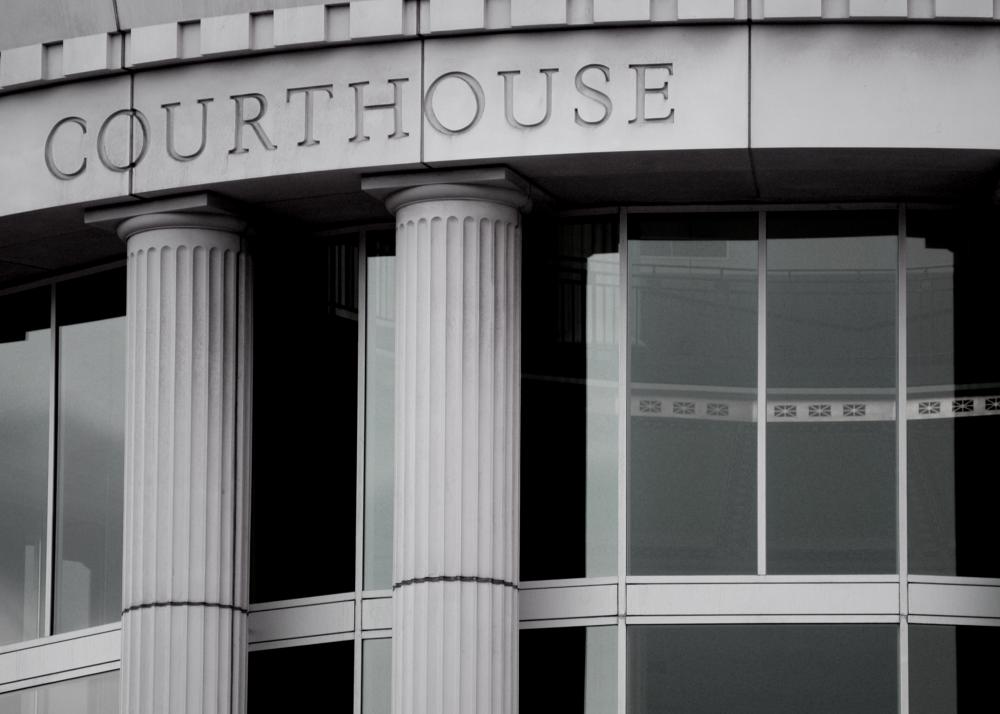At WiseGEEK, we're committed to delivering accurate, trustworthy information. Our expert-authored content is rigorously fact-checked and sourced from credible authorities. Discover how we uphold the highest standards in providing you with reliable knowledge.
How do I Search for Lawsuit Records?
There are several methods available for searching lawsuit records, including online searches, visiting the lawsuit court location, and hiring professionals to find out the necessary information for you. Litigation records can be used in a background check for many reasons, including to determine a person's eligibility for employment. Whether you are choosing to search for the lawsuit records yourself or hire a professional, there are key pieces of information that are needed such as the location, including city, county, and state, and the date of the proceedings. Knowing the correct spelling of the plaintiff or defendant's name as well is also important to executing a lawsuit record search.
One of the most popular ways to search for lawsuit records is online. Many websites are designed to help simplify litigation records searches, even with little information in some cases. Some county and city courthouses post lawsuit information on the city, county, or state's official website for interested parties to access with little or no cost. You may choose to conduct a search engine search for an online records search agency to assist you, or choose to input the available information directly related to the lawsuit search. Searching for courthouse records online is typically a fast way to find the desired information.

If the appropriate lawsuit records are not available online, you may choose to visit the courthouse where the litigation took place. Every court is responsible for keeping accurate records of the cases tried or heard in the city, county, or state. These records should be made available to the public for any reason. In most courthouses, the clerks' office is a good place to ask for information, and the staff there should be able to provide further instructions for locating the records. There may be fees charged for the clerk's time if a staff member searches for you.

If time constraints are a problem or you are unable to locate the necessary lawsuit records through normal means, many law firms offer search services. As with the other search methods, you will be required to provide as much information pertaining to the original court case as possible. Paralegals or legal secretaries use the information provided to find the appropriate records online or at the courthouse. The search cost often varies from law firm to law firm, and can be expensive. Despite the cost, many people find this search option incredibly reliable.
AS FEATURED ON:
AS FEATURED ON:












Discuss this Article
Post your comments